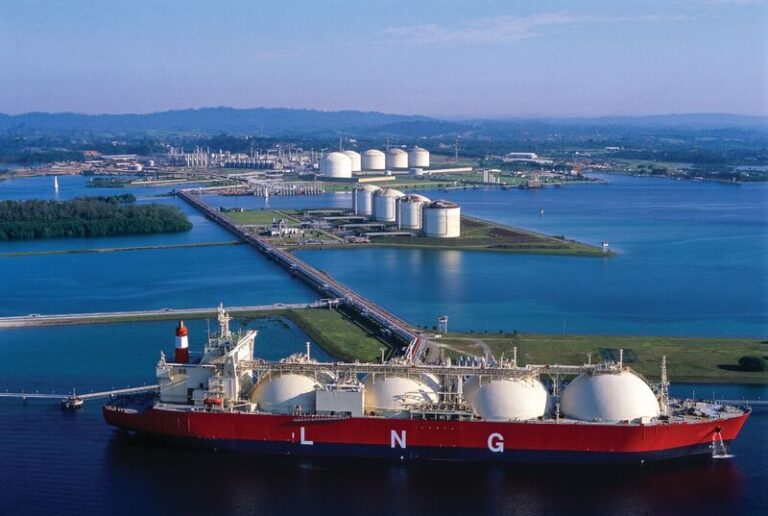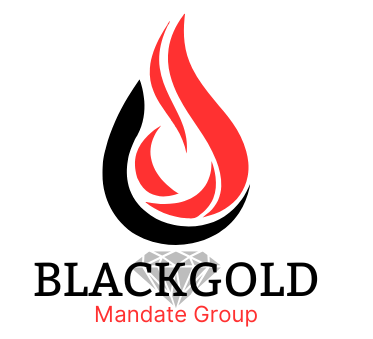What is Liquefied Natural Gas (LNG)?
LNG is natural gas (mainly methane) that has been cooled to -162°C (-260°F), transforming it into a liquid form. This process reduces its volume by approximately 600 times, making it easier and safer to transport over long distances where pipelines are not feasible.
Key Benefits of LNG:
- Environmentally Friendly: Produces 40-50% fewer CO₂ emissions than coal and oil.
- High Energy Efficiency: Delivers more energy per volume compared to traditional fuels.
- Cost-Effective: Provides a stable and competitive pricing structure for large-scale consumers.
- Easy Transportation: Ideal for international transport via LNG carriers.
Applications of LNG:
- Power generation for industrial and municipal utilities
- Fuel for marine vessels and heavy-duty transportation
- Backup energy source for remote locations and off-grid facilities
- Use in petrochemical industries for feedstock and heating
LNG vs. LPG: Which One is Right for You?
| Feature | LNG (Liquefied Natural Gas) | LPG (Liquefied Petroleum Gas) |
|---|---|---|
| Primary Use | Power generation & heavy transport | Residential, commercial, and automotive |
| Main Components | Methane (CH₄) | Propane (C₃H₈) & Butane (C₄H₁₀) |
| Energy Density | Lower than LPG | Higher energy content per liter |
| Environmental Impact | Lower CO₂ emissions | Clean-burning with low emissions |
| Storage | Requires cryogenic tanks | Stored in pressurized cylinders or tanks |

Ready to make the switch to cleaner energy?
Our Commitment to Sustainability
At Blackgold Mandate Group, we recognize the importance of transitioning to cleaner fuels. By offering LNG and LPG, we’re proud to support global efforts to reduce carbon emissions while delivering cost-effective and reliable energy solutions to our clients.
